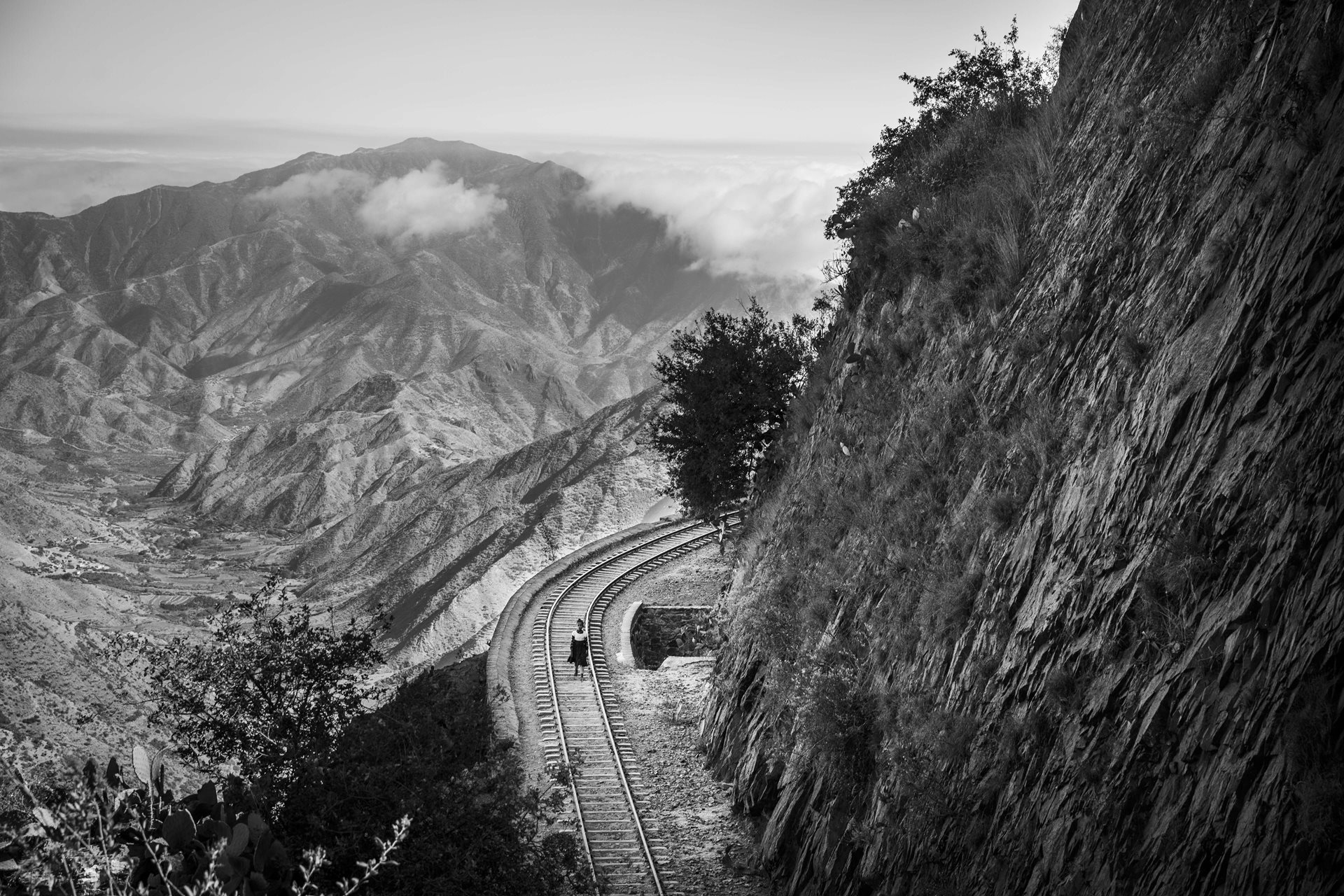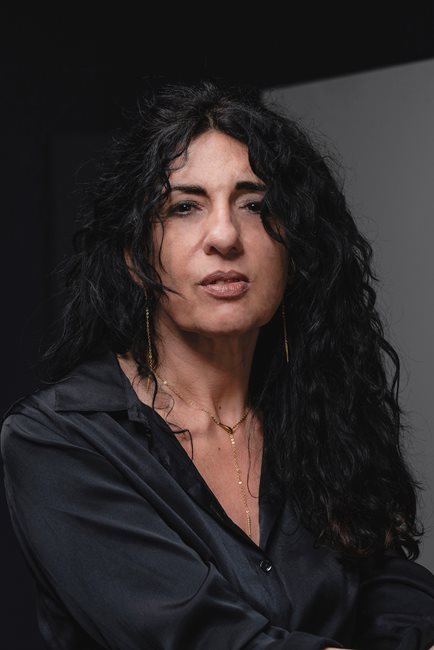An Eritrean girl walks along the railway connecting Eritrea to Ethiopia. Many Eritrean children grow up without a parental presence because their parents have either emigrated or are serving in the military. As a result, these children feel compelled to leave and seek a new life abroad, often attempting to reunite with parents who have already left.
In 2017, Cinzia Canneri began documenting the experiences of Eritrean women who were fleeing their country and seeking refuge in Ethiopia. Young people in Eritrea have been migrating in huge numbers in recent years to escape a repressive regime that has implemented what is effectively an indefinite mandatory conscription. Many women caught at the borders were assaulted, raped, or shot in the stomach by national police to prevent them from having children.
As war between Ethiopian government forces (supported by Eritrean military and Amhara militia) against the Tigrayan People’s Liberation Front (TPLF) swept through the Tiray region, Canneri’s scope broadened to include Tigrayan women, who were now joining Eritrean women in their flight from northern Ethiopia to refugee camps in Addis Ababa or Sudan. Both groups have been the targets of systematic sexual violence – rape, shooting, torture – that, due to social stigma, limited health facilities, and journalistic access, remains insufficiently reported by news media and understood by the world at large.
In January 2024, Canneri co-founded Cross Looks, a collective of Italian, Eritrean, Tigrayan, and Sudanese women building an intersectional narrative around issues of gender, class, race, and other forms of social inequality. By highlighting the life stories of women from both ethnicities as they struggle to heal and reconstruct their identities, this project is in line with the mission of her collective, embracing a different conception of the figure of “the body as a battlefield.” Not just a facile call to empowerment, the body as a battlefield represents a complex process in which strength arises from care, resilience, and, when necessary, resistance and combat.
Are you a photographer and/or passionate about press freedom? Sign up for our newsletter to stay updated on our annual contest and to hear about exhibitions near you.

